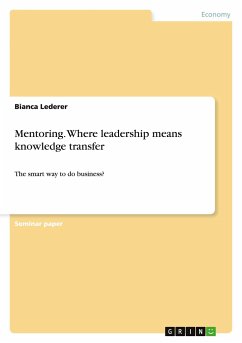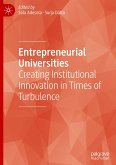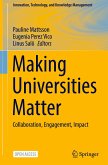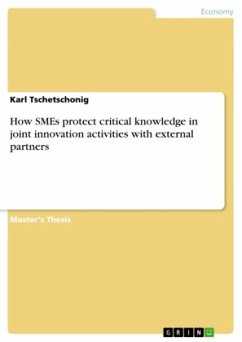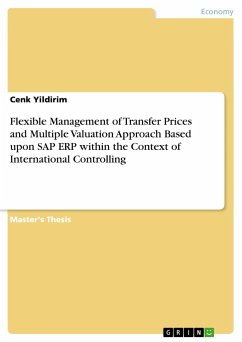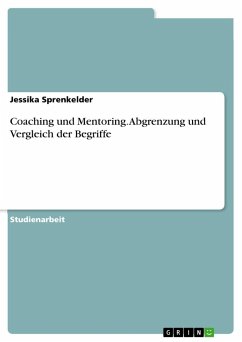Seminar paper from the year 2015 in the subject Business economics - Business Management, Corporate Governance, grade: 2,0, University of applied sciences, Munich, language: English, abstract: This assignment deals with the thesis ''Mentoring: where leadership means knowledge transfer''. Mentoring through leaders has become a more and more popular approach to establish knowledge transfer and relationships within a company. All parties, the organization and the mentoring pair, can benefit from mentoring programs. Mentoring comes along with different chances and challenges, which need to be taken into consideration upon the implementation of a mentorship program. In case an organization decides for mentoring, it is not only about the implementation but as well its sustainability. A practical example, where mentoring has been successfully implemented, is the ''Elevate: Executive Mining Mentorship Program'' of PWC. It outlines that mentor and mentee have to be open for such a relationship and bring certain requirements for successful paring. Mentoring has overcome its phase of simple knowledge transfer by leaders to passive mentees. It has become process-orientated which means that mentees also discuss what they learn with their mentors through critical analyzes. In the future, mentoring programs might even get more popular and being implemented in further companies due to the fact that the current mentoring pairs are willing to pass on their positive experience with mentoring to other individuals. For organization this means that they can keep and transfer their knowledge as well as get the best out of their employees in regard to their individual skills. This enables efficient working for staying competitive.
Hinweis: Dieser Artikel kann nur an eine deutsche Lieferadresse ausgeliefert werden.
Hinweis: Dieser Artikel kann nur an eine deutsche Lieferadresse ausgeliefert werden.

